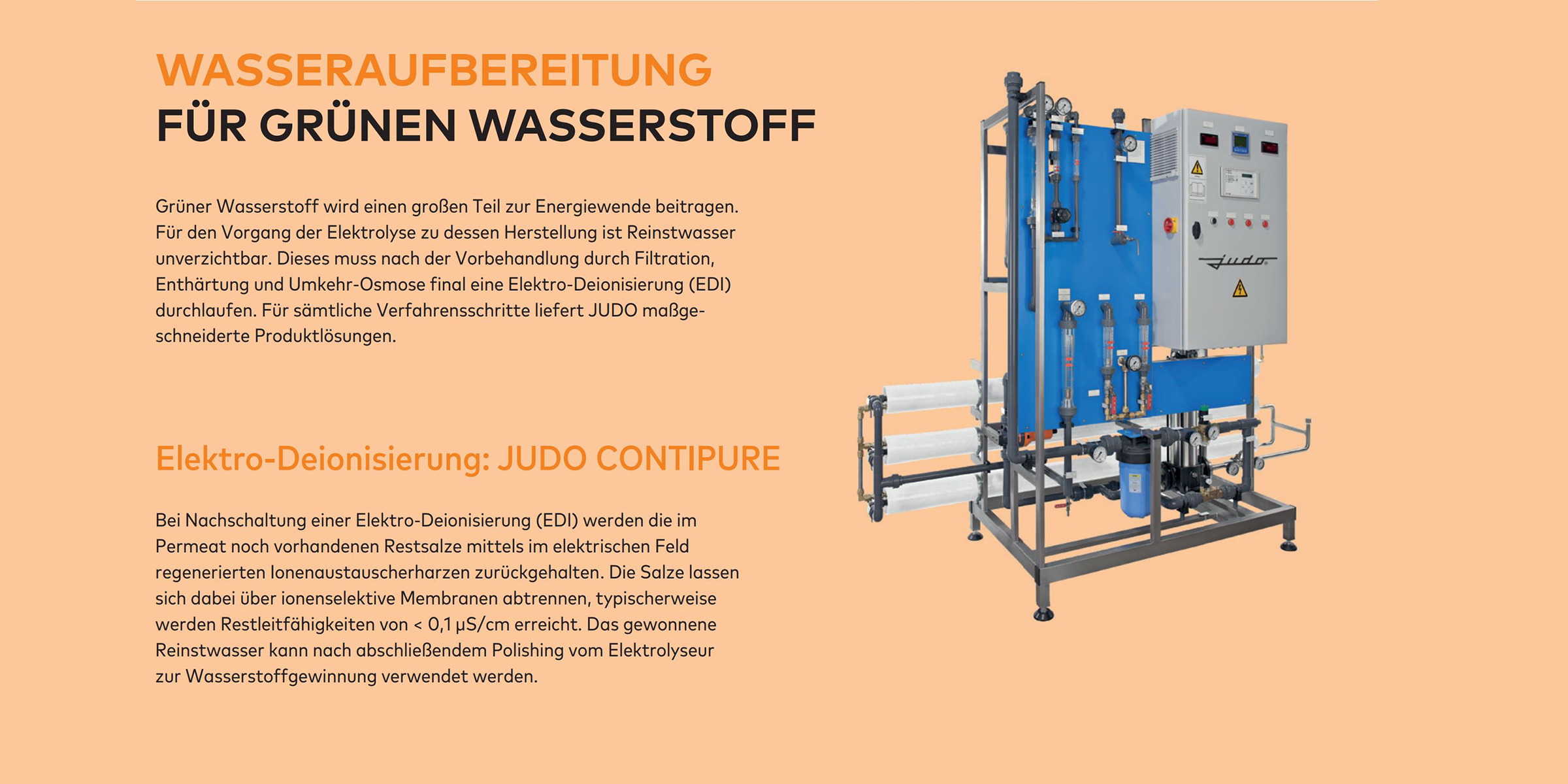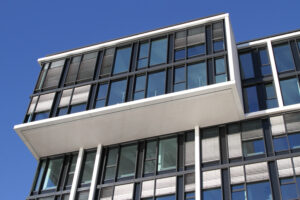What water hardness is suitable for the preparation of coffee and tea?
The water hardness is a decisive factor for the taste development of coffee or tea. Water that is too hard or too soft can cause hot drinks to become bland or bitter. But where is the optimum degree of hardness and how can it be achieved? You can find out more here:
We Germans drink almost 3.5 cups of coffee a day per capita. That corresponds to about 162 litres per year. With tea it is about 80 litres. Tchibo published these results in cooperation with the media AG brand eins Wissen and the statistics portal statista.com in the “Kaffeereport 2018”. Several factors need to be taken into account to ensure that the aromas in coffee or tea can develop in the best possible way: In addition to the selection of beans or tea leaves, the degree of roasting, the preparation and the water temperature, the water quality plays a particularly important role in the taste.
Full flavour thanks to the appropriate water hardness
A cup of coffee consists of about 96 percent water. To get the best possible aroma out of the ground powder, neither too hard nor too soft water is suitable: if the degree of hardness is too high, the water can neutralise the sensitive, flavour-forming acids of the coffee bean. This causes the aroma to be lost. The coffee tastes bland and a thin film of hardness builders can form on the surface. The lime that forms when the water is heated also settles on the kettle or in the machine. This can significantly reduce the service life of the appliance.
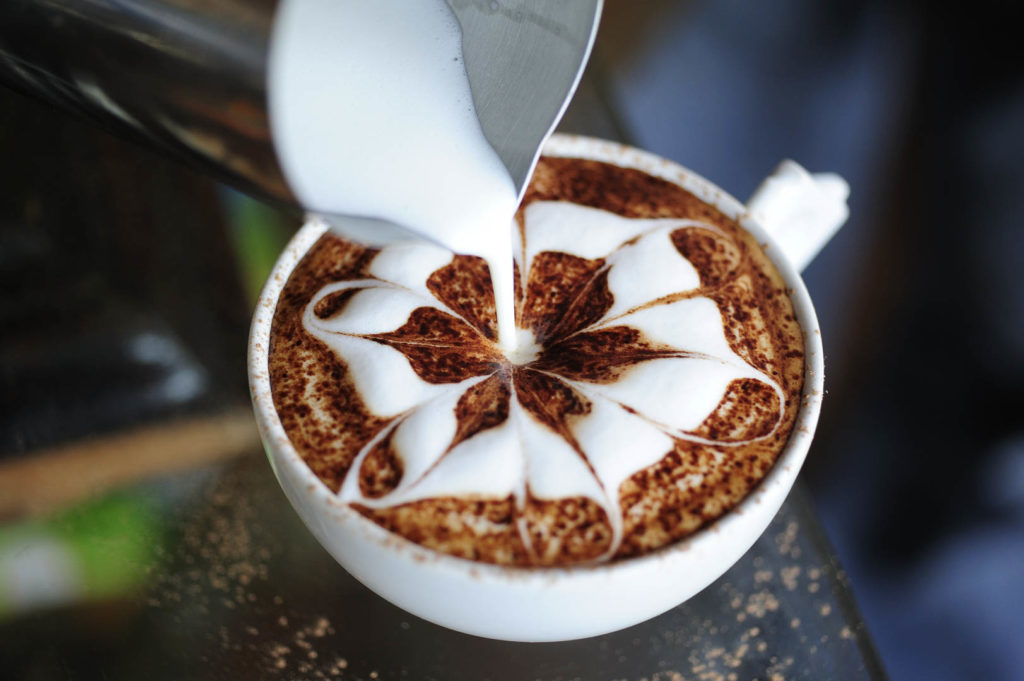
But even too soft water is not optimal for flavour development: the coffee gets a high acid and bitter intensity. Experts therefore recommend using water with about 8 degrees German hardness (°dH) when preparing coffee. The pH value should also be as neutral as possible at around 7.
What is the water hardness level?
Put simply, the total hardness of water indicates the concentration of calcium and magnesium ions. The higher their number, the harder the water is. The degree of hardness of water is influenced by various aspects: Firstly, the soil and rock conditions through which the water flows play a role. Other factors are the water supplier, the pipe network and water treatment. In general, however, a high degree of water hardness is harmless to health. The main components calcium and magnesium even promote the building of bones and teeth and have a positive influence on energy metabolism.
The art of tea preparation – easy with softened water
“The quality of a good cup of tea depends 20 percent on the tea itself and 80 percent on the water used.”
– Zhang Dafu, tea master of the Qing Dynasty
Also in the preparation of tea the water hardness and the oxygen are essentially responsible for the taste development. Especially white and green varieties as well as most teas from Darjeeling should be poured over with soft water. This is because if the water is particularly hard, the tea quickly takes on a furry taste – and a fine surface film can also form here. The ideal degree of hardness for tea is also 8 °dH.
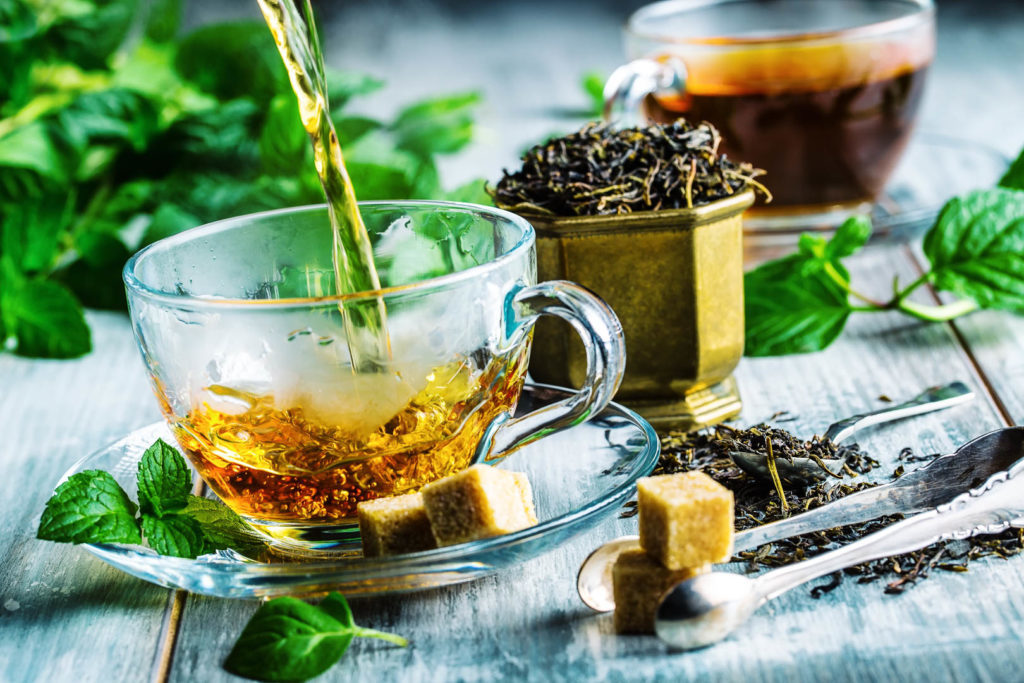
How do you achieve the desired water hardness?
The average water hardness in Germany is about 16 °dH. Depending on the region, this value can vary considerably. There are different ways to reduce the water hardness for the preparation of tea or coffee. The offer ranges from simple table filters to reverse osmosis plants and fully automatic softening plants. JUDO Wasseraufbereitung GmbH offers a wide range of systems for this purpose, which adjust the water to the desired degree of hardness. This means that the operator always has the optimum water hardness for coffee and tea at his disposal and the pipelines remain free of lime and corrosion. The systems of the JUDO i-soft series also compensate fully automatically for fluctuations in the quality of the incoming water.
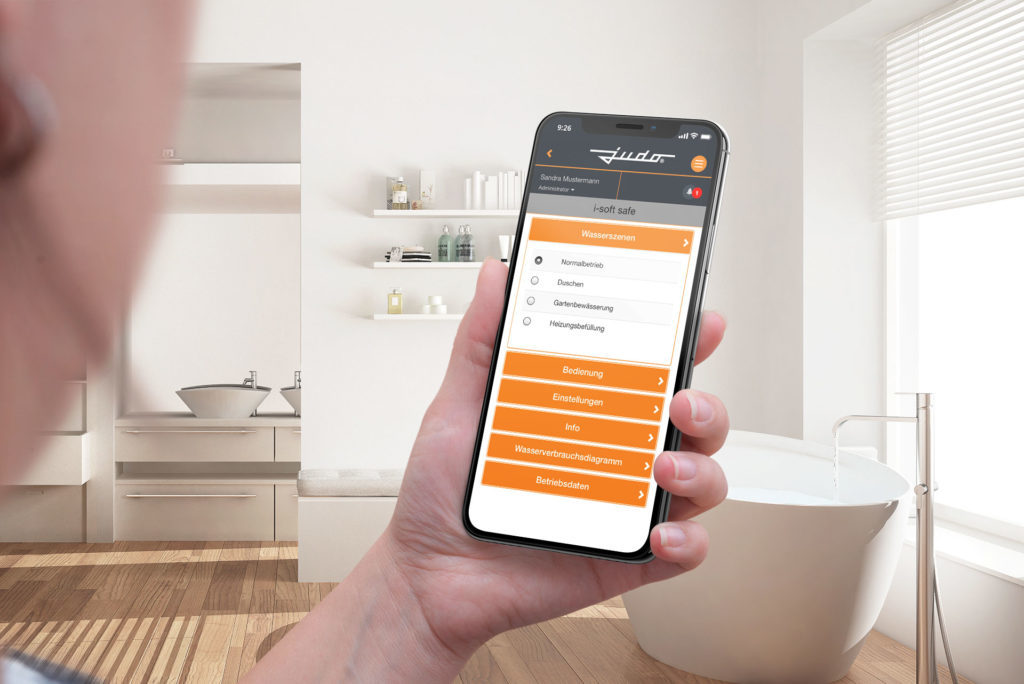
Specifications of water hardness in Germany and Austria (German hardness level)
Soft: < 8,4 °dH
Average: 8,4 bis 14 °dH
Hard: > 14 °dH
Information on water hardness in Switzerland (French hardness)
Very soft: 0 bis 7 °fH
Soft: 7 bis 15 °fH
Medium hard: 15 bis 25 °fH
Rather hard: 25 bis 30 °fH
Hard: 30 bis 38 °fH
Very hard: > 38 °fH
 © JUDO 2024 | All rights reserved.
© JUDO 2024 | All rights reserved. 

